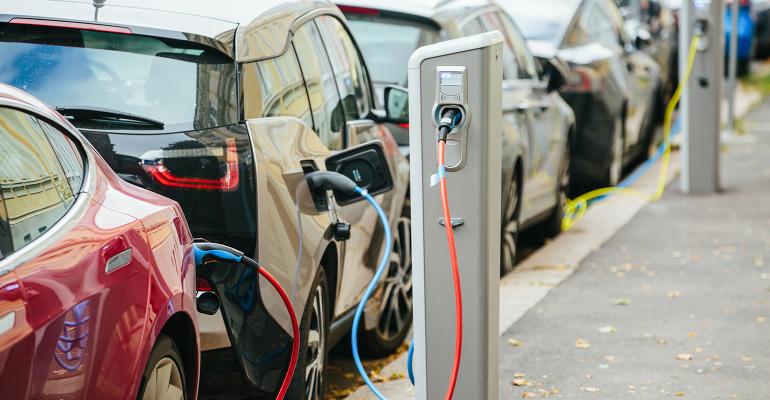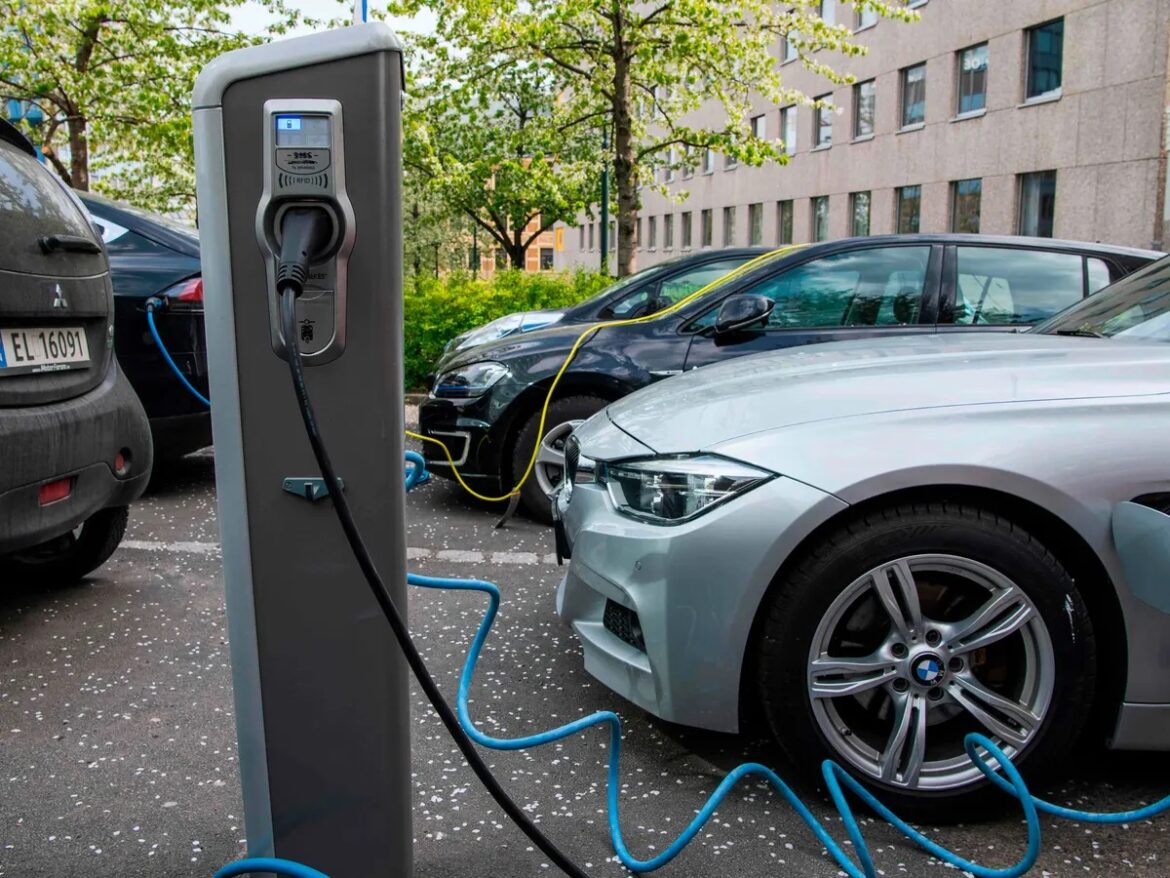Electric vehicles (EVs) are becoming more popular around the world as consumers seek to reduce their carbon footprint and save money on fuel and maintenance. EVs run on batteries that can be recharged from the grid or renewable sources, and have lower emissions and operating costs than conventional vehicles. But which countries are leading the way in adopting EVs and what are the factors behind their success?
According to a report by EV-Volumes, a global database of electric vehicle statistics, Norway had the highest share of plug-in electric vehicles (PEVs) in new passenger car sales in 2020, with 74.8% of all new cars sold being either battery electric vehicles (BEVs) or plug-in hybrid electric vehicles (PHEVs). Norway was followed by Iceland (45%), Sweden (32.2%), the Netherlands (24.9%) and Finland (18.1%) as the top five countries with the most electric cars in 2021.
Norway’s remarkable achievement is largely due to its strong policy support for EVs, which includes tax exemptions, toll exemptions, access to bus lanes, free parking and charging, and other incentives. Norway also has a high level of income and environmental awareness, which makes EVs more attractive and affordable for consumers. Norway’s goal is to phase out sales of new fossil-fuelled cars by 2025 and become carbon neutral by 2030.

Iceland, Sweden and Finland also benefit from similar policy measures, as well as abundant renewable energy sources, such as hydro, geothermal and wind power, that make charging EVs cheaper and greener. Iceland has the highest share of renewable energy in electricity generation in the world, with 100% coming from hydro and geothermal sources. Sweden and Finland have also invested heavily in expanding their charging infrastructure and promoting public awareness of EVs.
The Netherlands is another European country that has shown strong growth in EV sales, thanks to its dense population, flat terrain, high fuel prices and progressive environmental policies. The Netherlands has the highest number of public charging points per capita in the world, with over 60,000 stations as of 2020. The Dutch government also offers various incentives for EV buyers and drivers, such as purchase subsidies, tax benefits, free parking and access to low-emission zones. The Netherlands aims to have only zero-emission vehicles on its roads by 2030.
These countries are examples of how policy support, infrastructure development, consumer demand and environmental awareness can drive the adoption of EVs and contribute to the global transition to a low-carbon economy. As EV technology improves and costs decline, more countries are expected to follow their lead and increase their share of electric cars in the coming years.



